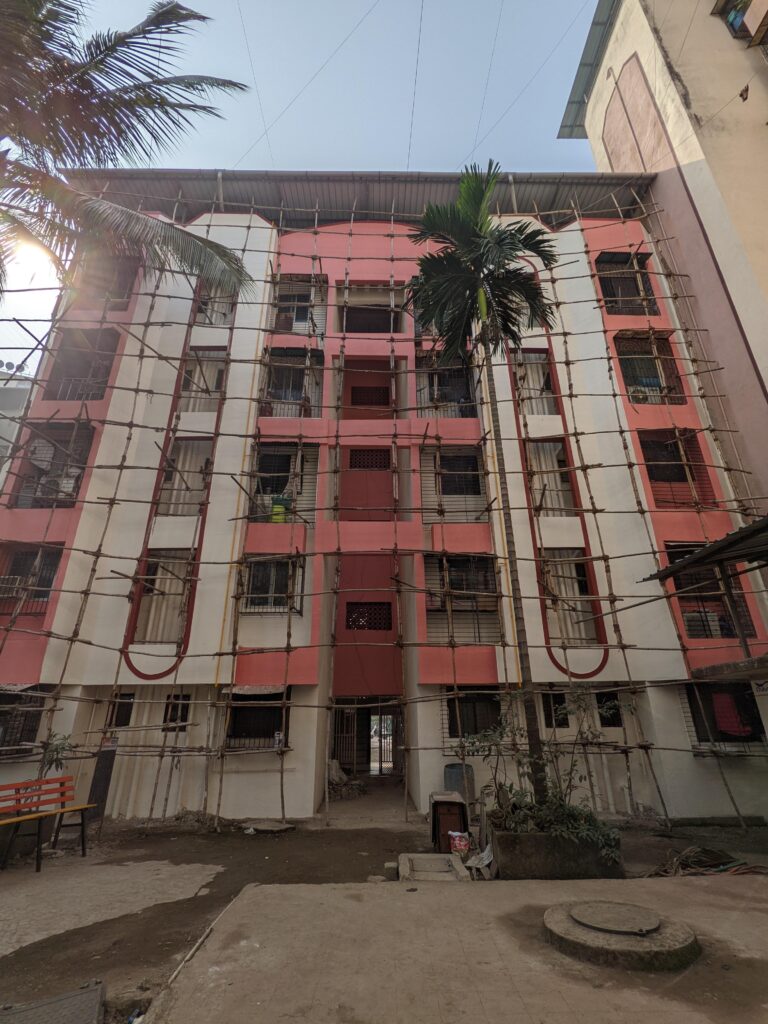IIntroduction to Residential Building Redevelopment
Residential building redevelopment is an essential step for many aging structures. It ensures safety, enhances property value, and modernizes facilities. Whether it’s due to deteriorating infrastructure or the need for better amenities, redevelopment is a common solution in urban areas. This process involves demolishing existing structures and constructing new ones, offering better living standards for residents. However, navigating redevelopment requires careful planning, from understanding legal regulations to managing finances.

Understanding the Need for Redevelopment
Redevelopment becomes necessary when a building’s condition no longer meets safety standards or when upgrading infrastructure is crucial. Old buildings often suffer from structural weaknesses, outdated amenities, and limited space. Redevelopment addresses these issues by offering modern facilities, enhanced safety, and optimized layouts. Moreover, redevelopment can provide additional benefits such as increased property value and improved community spaces. Recognizing these needs early can help residents make informed decisions about their property’s future.
Key Steps in the Redevelopment Process
The redevelopment process begins with assessing the building’s condition and consulting experts for recommendations. Once redevelopment is agreed upon, the housing society typically appoints a project management consultant to guide the process. Next comes selecting a developer, negotiating terms, and finalizing agreements. The legal documentation, including obtaining necessary approvals and clearances, is crucial. Once these are in place, demolition and construction commence, leading to the handover of new homes. Each step requires transparency and thorough communication with all stakeholders to ensure smooth progress.
Legal and Regulatory Considerations
Navigating the legal landscape is critical for successful redevelopment. From understanding local building codes to obtaining approvals from municipal bodies, legal compliance is paramount. Key regulations include zoning laws, FSI (Floor Space Index) limits, and environmental clearances. It’s advisable to seek legal advice and involve a competent lawyer who specializes in redevelopment cases. Legal documents such as the development agreement, power of attorney, and indemnity bond must be meticulously prepared and reviewed before proceeding.
Financial Planning for Successful Redevelopment
Effective financial planning ensures the redevelopment project remains viable and beneficial. The first step is evaluating the project’s costs, including construction expenses, developer fees, and potential legal charges. Additionally, residents must consider alternative accommodation during the redevelopment period. A clear understanding of the financial arrangement with the developer—whether it’s through self-funding, loans, or selling additional FSI—is essential. Proper financial management minimizes risks and helps residents enjoy a smooth transition to their new homes.
Selecting the Right Developer
Choosing the right developer can make or break a redevelopment project. Key factors to consider include the developer’s track record, financial stability, and ability to deliver projects on time. Residents should conduct due diligence, reviewing past projects, customer feedback, and financial capabilities. It’s also important to negotiate fair terms, ensuring transparency in all agreements. A reliable developer ensures quality construction and timely completion, resulting in a win-win situation for all parties involved.
Benefits of Redevelopment for Residents
Redevelopment offers multiple benefits for residents. Besides providing structurally sound and modern homes, it often includes improved amenities such as better parking, security features, and green spaces. Moreover, the property’s value typically increases, giving residents better returns on their investment. Redevelopment can also create a stronger sense of community by offering upgraded common areas and shared facilities. For many, the transition leads to a more comfortable and convenient lifestyle in a familiar neighbourhood.
Conclusion: Planning for a Better Future Redevelopment of residential buildings is a complex but rewarding process. When planned carefully, it provides residents with enhanced living conditions, safety, and value. By understanding the key steps, legalities, and financial aspects involved, housing societies can successfully navigate this journey. The right planning, transparency, and collaboration ensure that the redevelopment process results in a brighter future for everyone involved

Great write-up on residential building redevelopment! The insight on planning, approvals, and stakeholder coordination is really helpful. Redevelopment can transform old structures into safer, modern homes — and your tips make the process easier to understand. Thanks for sharing
https://smca64.com/